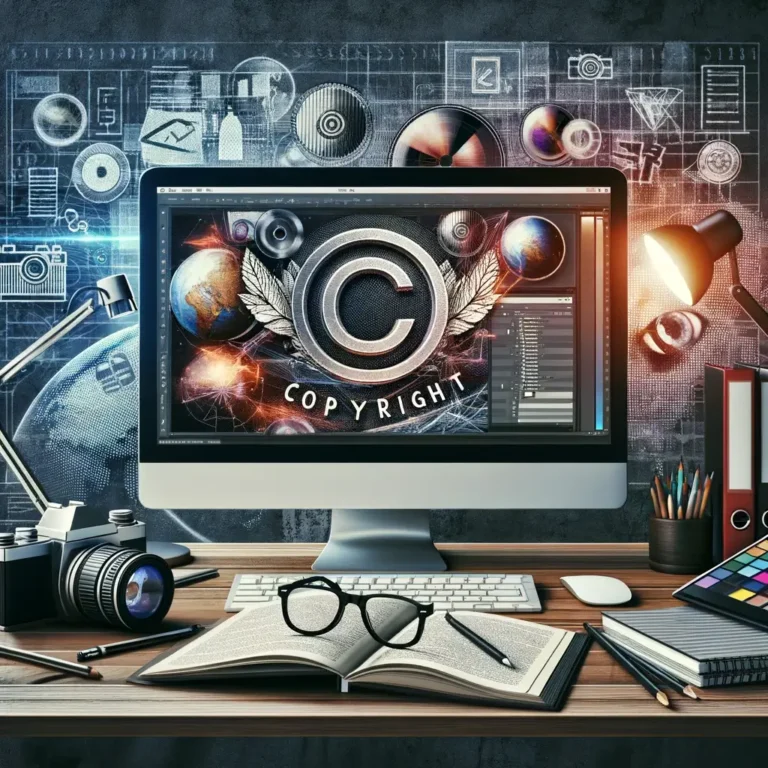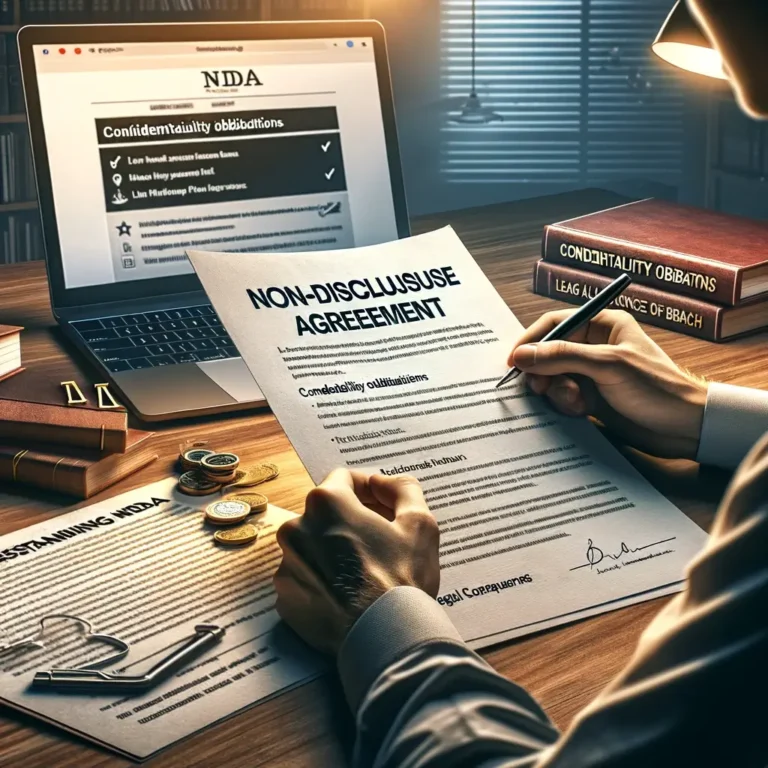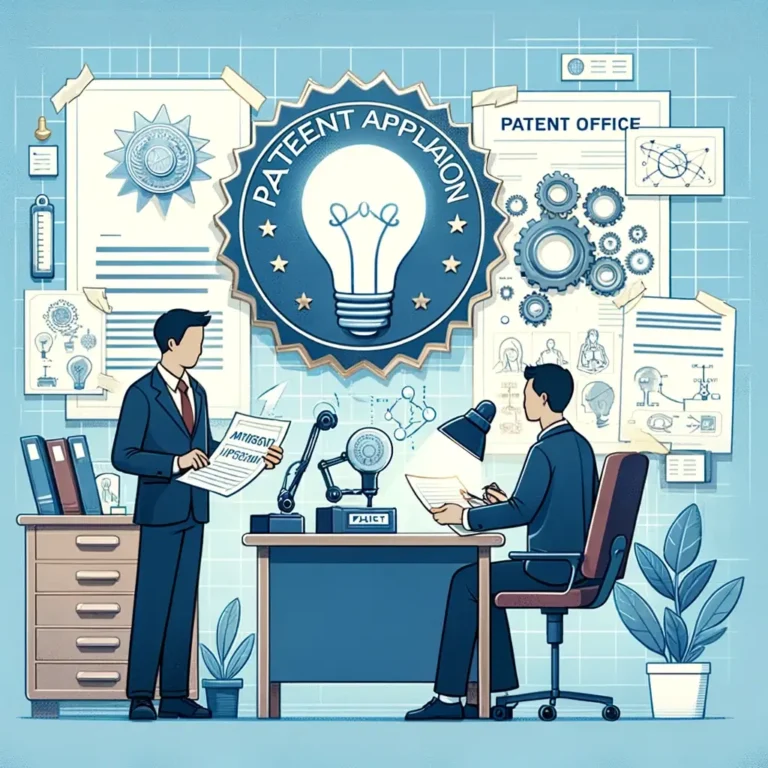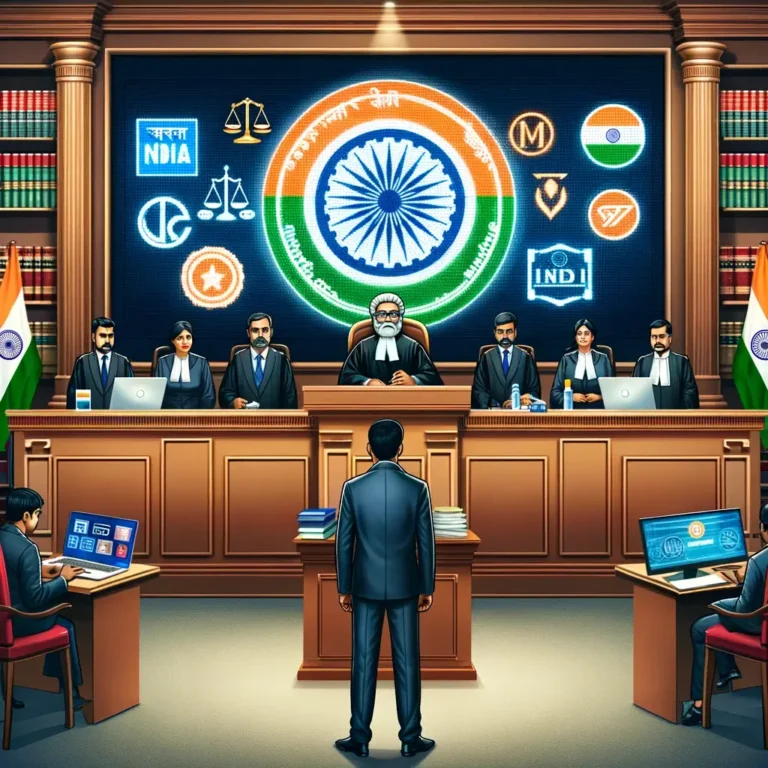Here we have explained the Role of Trademark and Copyright Lawyer for intellectual property protection.In the complex and rapidly evolving digital world, protecting intellectual property (IP) has become more crucial than ever. Intellectual property, encompassing trademarks, copyrights, patents, and trade secrets, represents the creative labor and unique ideas that distinguish businesses and individuals. The safeguarding of IP is fundamental for maintaining competitive advantage, fostering innovation, and securing economic rewards for creators. In this regard, the role of trademark and copyright lawyers is indispensable.
Role of Trademark and Copyright Lawyer for Intellectual Property Protection
Understanding the Significance of Trademarks and Copyrights
Trademarks: The Identity of a Business
Trademarks are distinctive signs, logos, or expressions that identify and distinguish products or services of a particular source from those of others. They are vital for brand recognition and play a crucial role in marketing and consumer perception. Trademarks, once registered, provide exclusive rights, preventing unauthorized use of the brand identity by others, which could lead to consumer confusion or dilution of brand value.
Copyrights: Protecting Creative Works
Copyrights protect original works of authorship, including literature, music, art, and software. This legal right grants the creator exclusive control over the use, reproduction, and distribution of their work. Copyright protection is automatic upon creation of the work and helps in preventing unauthorized copying or exploitation, ensuring that creators are fairly compensated for their efforts.
The Vital Role of Trademark and Copyright Lawyers
Expert Guidance in Registration and Compliance
Trademark and copyright lawyers provide expert guidance through the complexities of IP law. They assist in the proper registration of trademarks and copyrights, ensuring compliance with legal requirements. This process includes conducting thorough searches to ascertain that the proposed IP is not infringing on existing rights and advising on the scope and limitations of IP protection.
Legal Representation and Enforcement
These lawyers represent clients in legal disputes involving IP rights. They are crucial in enforcing IP rights against unauthorized use or infringement. Through litigation, cease and desist letters, and negotiation, they help in defending the IP assets of their clients and pursuing appropriate remedies or compensation.
Strategic Advising for Long-term IP Management
Risk Management and Strategy Development
Trademark and copyright lawyers play a strategic role in risk management. They advise clients on the potential risks associated with IP and devise strategies to mitigate these risks. This includes advising on the proper use of IP to avoid infringement disputes and planning for effective management of IP portfolios.
Navigating International IP Law
For businesses operating globally, these lawyers provide invaluable assistance in navigating international IP laws. They help in securing and enforcing IP rights across different jurisdictions, dealing with the complexities of international treaties and agreements related to IP.
Conclusion: Safeguarding Your Intellectual Assets
In conclusion, the role of trademark and copyright lawyers is central to the protection of intellectual property. Their expertise not only aids in securing legal rights but also ensures that these rights are effectively managed and enforced. In a world where intellectual assets are increasingly valuable, their role is fundamental to the success and sustainability of businesses and individual creators.
















